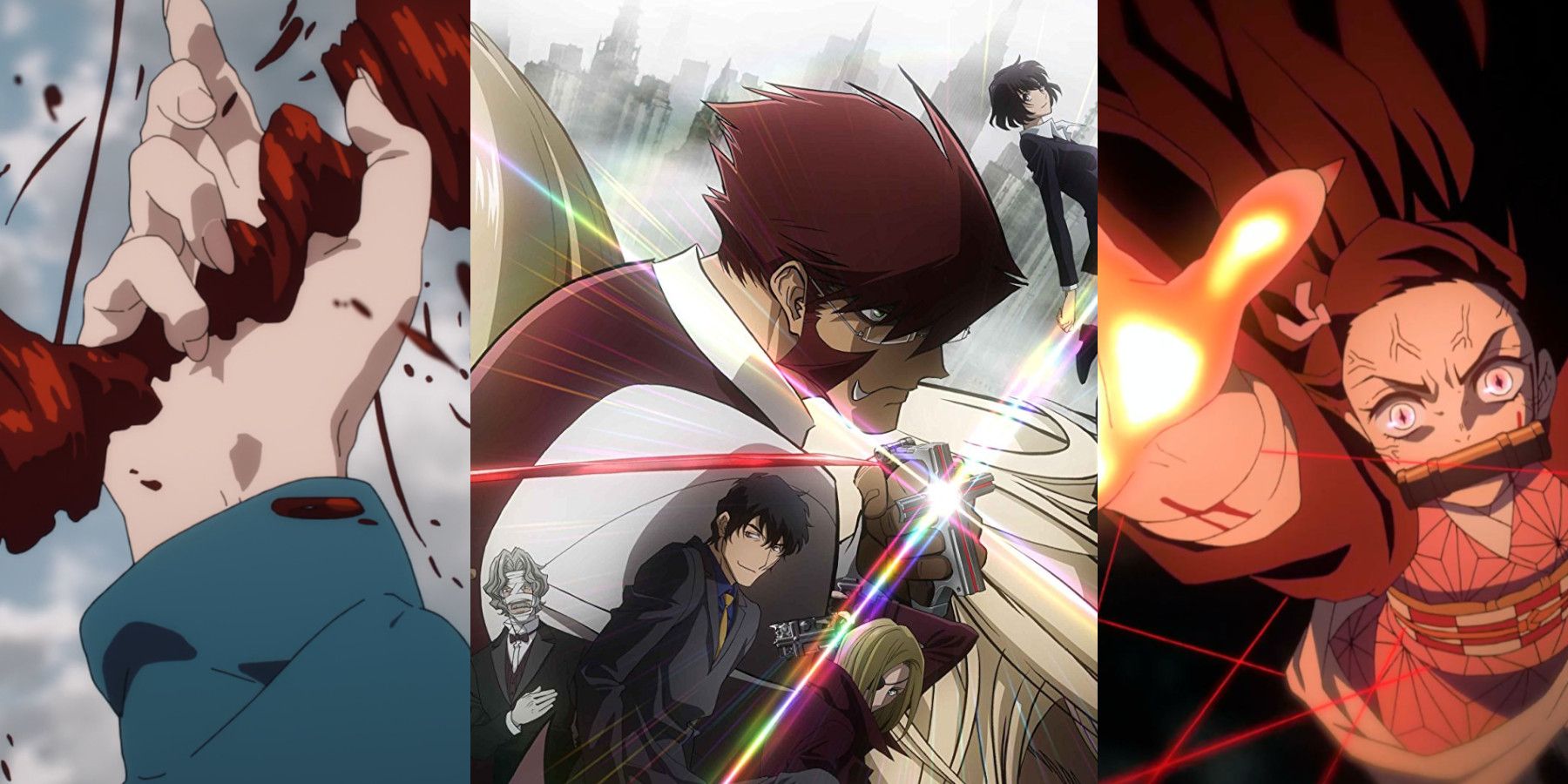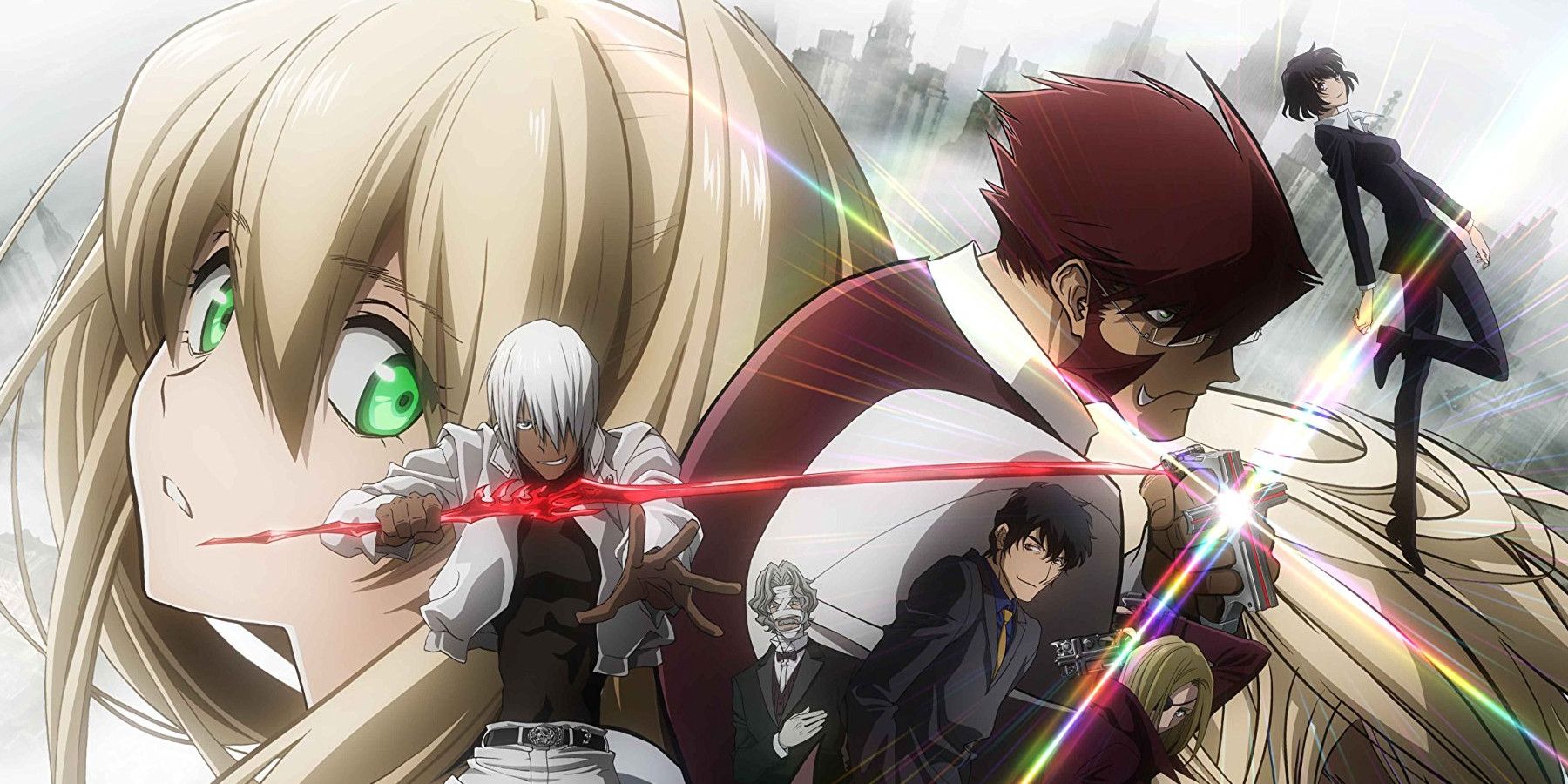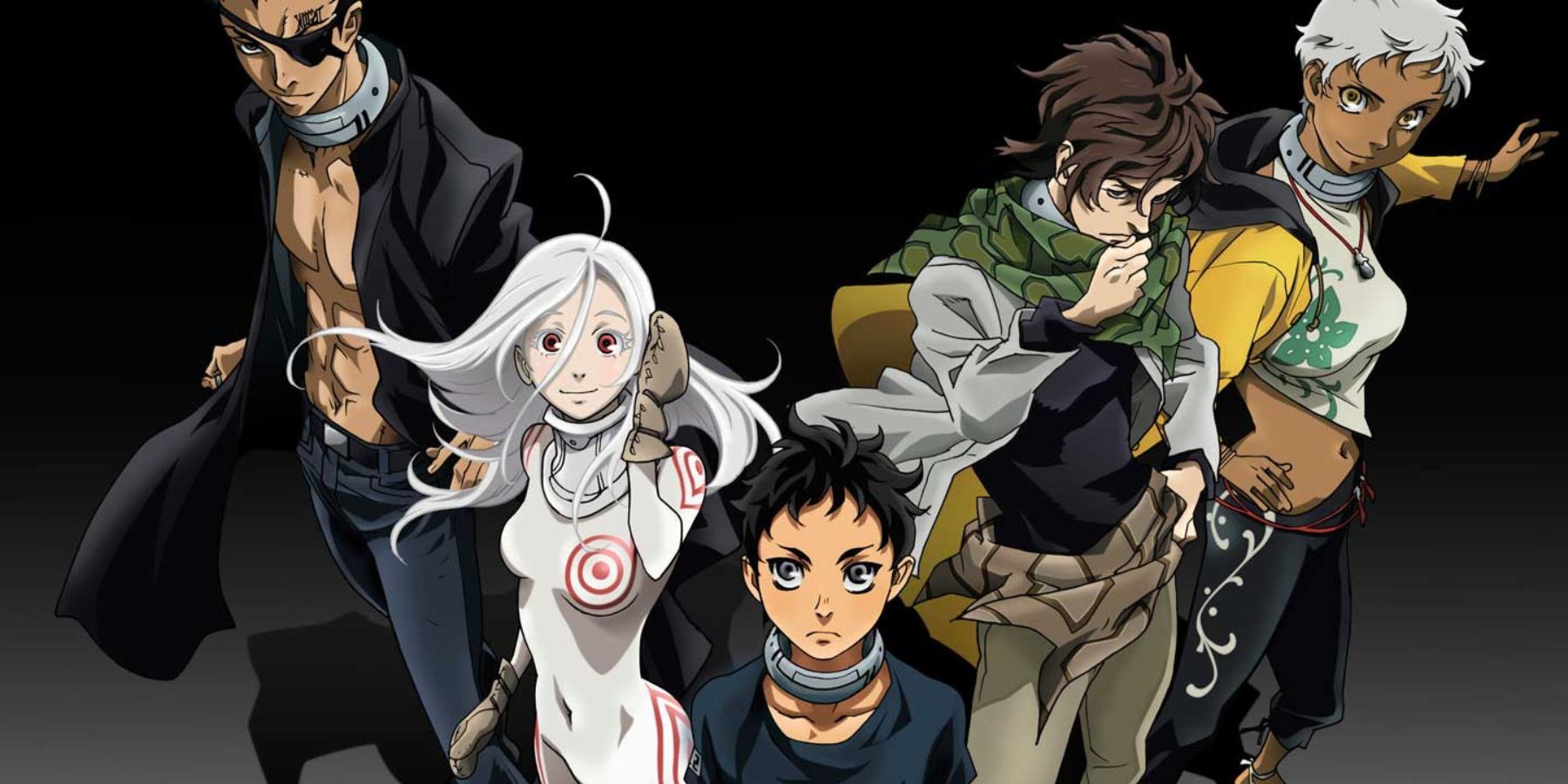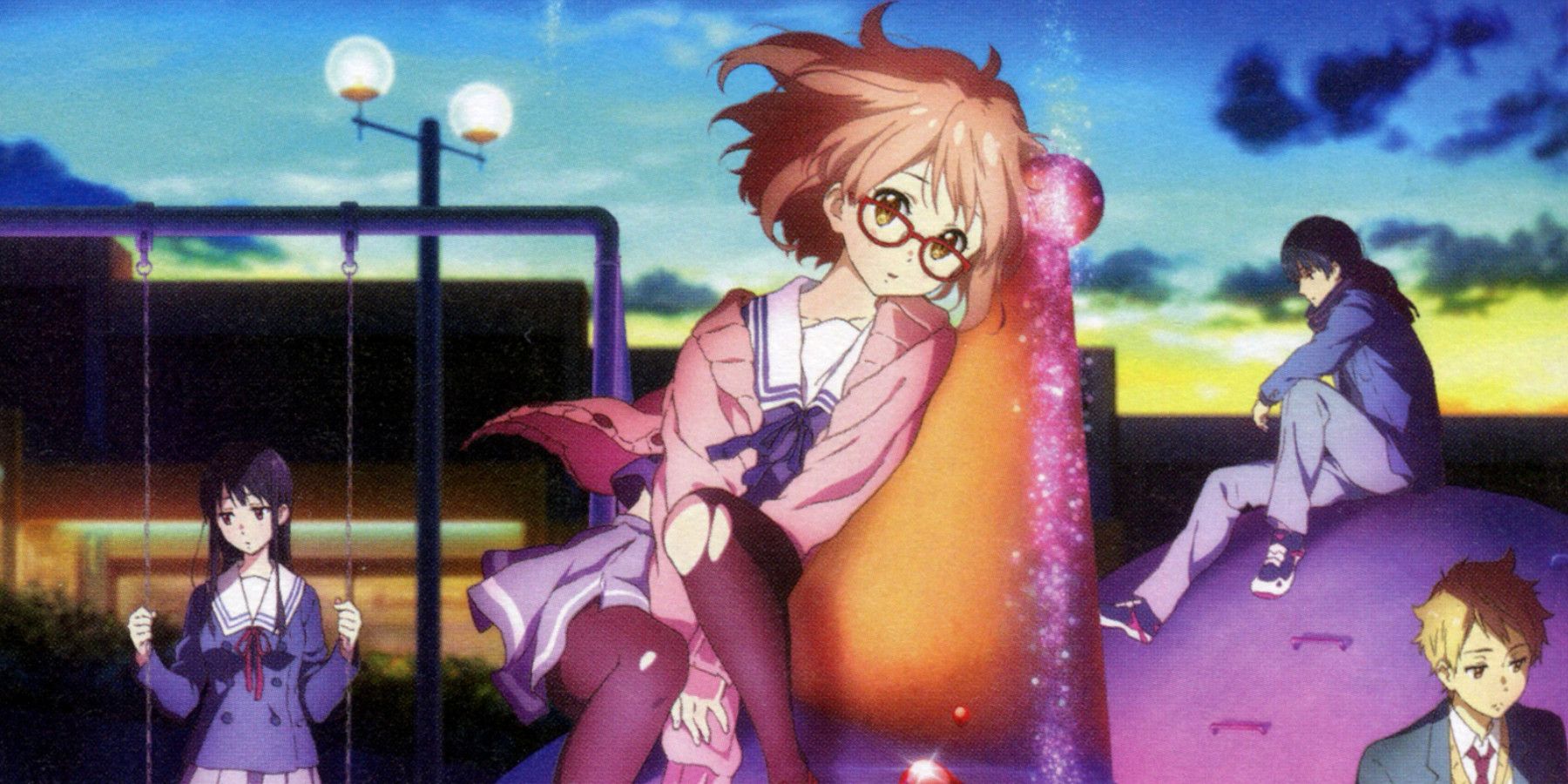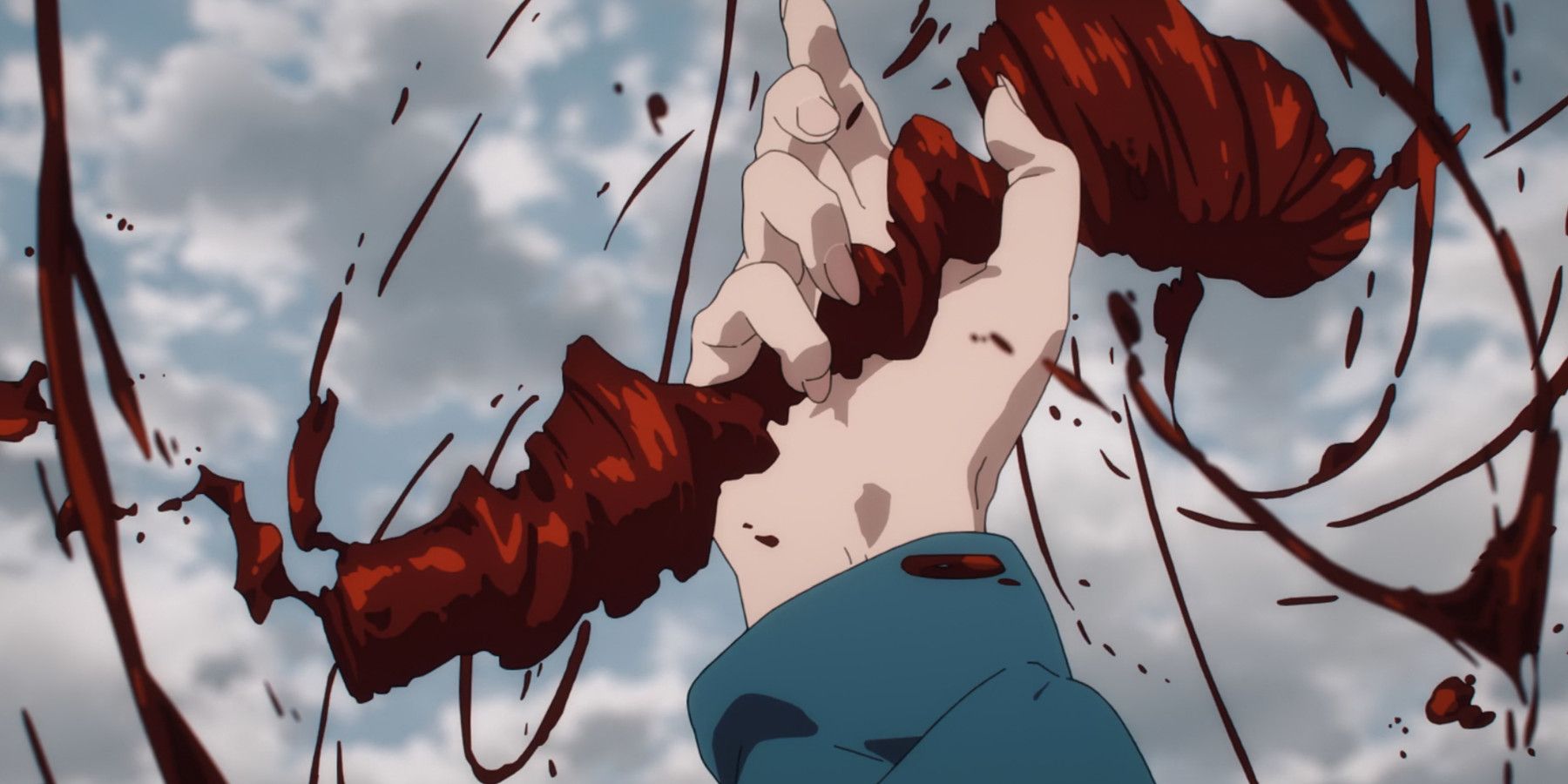Here's a thought experiment: think of any anime that features characters who use their blood as a weapon or as some form of superpower. While the list might not be endless, there's enough to realize that anime has something of a fascination with blood that goes beyond the simple fact that blood can be edgy and cool.
This season's hotly anticipated favorite, Chainsaw Man, features Power, a fiend contracted with the Blood Devil, who can turn her blood into any weapon she wishes (mainly hammers). This is just the latest example, however, following popular anime like Jujutsu Kaisen and Demon Slayer, which feature characters with special abilities tailored specifically around blood. To some, these abilities might seem cool, but think that the significance of it being blood-related is inconsequential compared to how diverse and creative special abilities tend to be in anime. While it's true that anime comes up with many unique powers or clever spins on known concepts, few other mediums approach blood as much as anime, nor with so much gravitas.
Blood and Superstition
Stain from My Hero Academia, one of the series' best villains, lent much of his terrifying presence to his blood manipulation ability that could paralyze anyone. One of JoJo Part 2's iconic antagonists, the Pillar Man Esidisi, could boil their blood and use it as a weapon and even explode themselves to cover others in his napalm-esque viscera.
The emotional crux of Demon Slayer Season 1's most beloved fight was predicated on Nezuko unlocking the power to set her blood on fire to save her brother. And Blood Blockade Battlefront has it right in the name: an entire show full of superhumans with varied superpowers all activated using their blood as a medium.
The list goes on, from Naruto to Darker Than Black to Deadman Wonderland and beyond. Something about using blood as a weapon is, in itself, something that registers as especially compelling to audiences. To bleed is to be hurt or to slowly lose some arbitrary measure of life through a wound, so to harness it offensively is cool.
And perhaps because blood-based superpowers feel so monopolized within Japanese media, the thought occurs that there must be some reason for the fascination. Look up "blood-based superpowers" and the results are almost entirely anime or - as Avatar fans will remember - blood-bending. There are western occurrences, but often in occult settings, implying something dark.
Blood imagery can be associated with wounds or self-harm, but also something demonic or evil when used to paint a symbol, for instance. Traditionally speaking, blood should be something kept inside, as the sight of it is abhorrent. When characters use blood to create anything like a symbol painted on a surface, it carries a dark connotation.
So could the use of blood in anime be inspired by the country's own cultural narrative surrounding blood? Jennifer Robertson of Migrazine wrote about Japanese philosophies of blood and cited Tomomi Nishida's essay on the country's view on the matter during the Edo Period. For a long while, it was actually seen as cursed.
Superstition & Horoscopy
Prior to the 17th century, blood was associated with death and symbolic pollution. In the form of menstruation, and mixed with fluids accompanying childbirth, blood was classified in Shinto and Buddhism as a "ritually dirty" substance that was especially harmful to males (Nishida 1995).
- Jennifer Robertson, Migrazine
This antiquated view of blood was the basis for the banishment of women from particular holy sites, which were for men only, to spare them from the "curses" of blood through rituals. This superstition of blood became a part of Japan's religious beliefs. In the modern day, with the benefit of hindsight, divorced from past ignorance, the idea of "cursed blood" no doubt is an appealing story idea.
With just that bit of cultural insight, it makes certain applications of blood magic that much more fascinating. In one of Kyoto Animation's most underrated shows, Beyond the Boundary, the protagonist Mirai is ostracized for her clan being "cursed" with the power to manipulate blood as a weapon. It's a big part of her background and a defining aspect of who she is.
But that's only looking at the antiquated view of blood in Japanese society. The fact that the trope exists at all implies that it's not necessarily a taboo in the modern era, and not every blood power comes with the same baggage attached. More often than not, it's normalized or a unique but awesome power within the world of the series.
This is undoubtedly due to a shift in the philosophy surrounding blood in the early 20th century when correlations were drawn between blood type and temperament. Namely, Physician Hara Kimata's 1916 article and social psychologist Furukawa Takeji's 1927 journal were a few of the leading texts that led to a belief in this theory.
Unfortunately a lot of this pseudo-scientific and ultimately disproved superstition is based on a lot of discussions of eugenics from a darker time in Japan's history. Like with the darkest time's in any nation's history, it has inspired some norms that are thought nothing of in the modern day. Blood went from being something inherently cursed to a part of Japanese identity.
In the 20th century, blood relation was stressed as a signifier of true Japanese nationality, and in the 21st, the culture surrounding blood donation has created a personality-based view of blood type. It's comparable to astrology in western cultures; something casual, devoid of scientific ground, but ultimately harmless.
So what exactly does this mean with regard to anime? One could argue that the prominence of blood in Japanese culture historically, politically, and socially has inspired an interest in blood within pop culture as a theme or visual motif. It's the reason characters might bring up their blood type in casual conversations or self-introductions.
Furthermore, the prominence of blood powers perhaps hints at a subconscious association with blood, and the expression of self. Just as Shonen anime might paint the supernatural feats of characters as a channeling of their inner soul, blood-based superpowers could be viewed as an extension of the personality.
Some characters find strength from within to overcome an obstacle, something audiences generally read as a display of human willpower. With blood, that power is quite literally within; a tangible representation of life, no matter how violent the connotation. But even absent of this sociological connection, these powers, no matter why they are so common, are a tried and true trope, and they look darn cool.
Sources: Migrazine.at, factsanddetails.com

